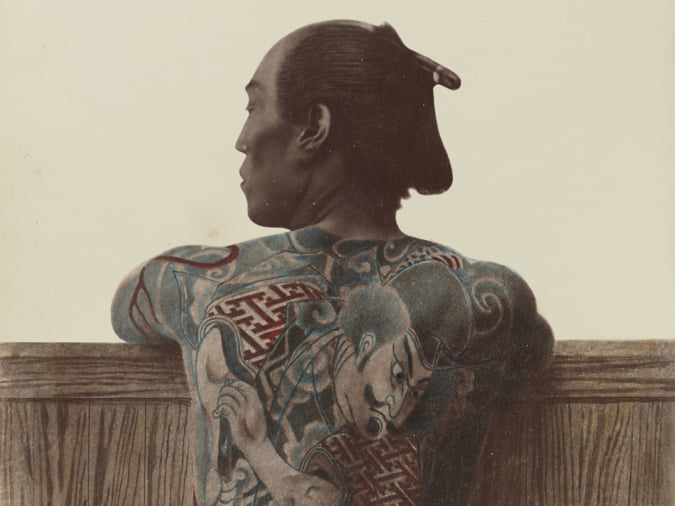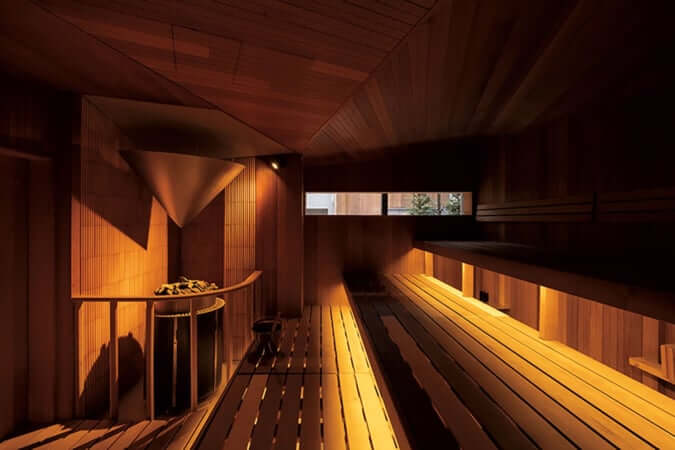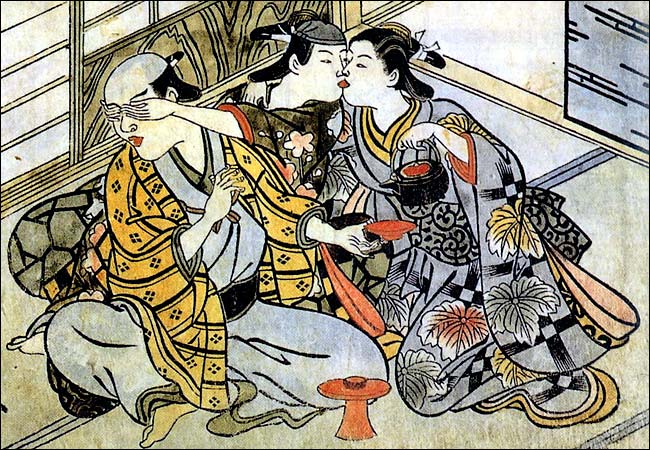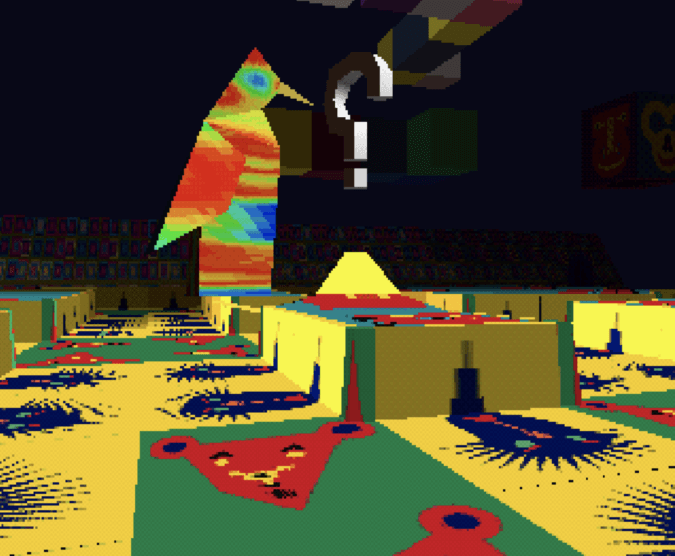Paris, Tokyo: Ryuji Teshima
In this new episode of Paris, Tokyo, meet Michelin-starred chef Ryuji Teshima, also known as Teshi. His restaurant, ‘Pages’, opened in Paris’s 16th arrondissement in 2014 and interprets traditional French cuisine in light of his Japanese culture.
After graduating from a cuisine and sommelier school in Japan, Teshi cut his teeth in France with two representatives of local gastronomy: ‘Les Berceaux’ in the heart of the Champagne region, with one Michelin star, and ‘Lucas Carton’, one of the oldest Michelin-starred restaurants and located in the place de la Madeleine in Paris. He honed his skills in working with meat, first with star butcher Hugo Desnoyer and then with another expert, Benoît Quéru. Now, his wagyu beef has gained a reputation that crosses borders. He doesn’t neglect fish completely, having once worked at the fishmonger’s in ‘Terroirs d’Avenir’ in Paris, which specialises in artisan fish.
His kitchen, which opens onto a space created by Japanese architect Shinko Noda, serves turbot with lemon cockle jus and aged beef, along with tea panna cotta. There are no limits for this chef who declares that he has learnt, over time, to free himself from the strictness of recipes to find his own culinary form of expression.
Pages
4, rue Auguste Vacquerie
Paris 16e
01 47 20 74 94
TRENDING
-
The Tattoos that Marked the Criminals of the Edo Period
Traditional tattoos were strong signifiers; murderers had head tattoos, while theft might result in an arm tattoo.

-
Colour Photos of Yakuza Tattoos from the Meiji Period
19th-century photographs have captured the usually hidden tattoos that covered the bodies of the members of Japanese organised crime gangs.

-
The Trendiest ‘Sento’ and Saunas in Tokyo
The bath culture remains vibrant in the capital city, where public baths and saunas designed by renowned architects are continuously opening.

-
Rituals of Ancient Gay Shunga Erotica
Shunga was prolific in Japan during the Edo period, with ‘nanshoku’ referring to the depiction of homosexual erotica.

-
‘LSD: Dream Emulator’, an Avant-Garde Game Released on PlayStation
In this video game created by Osamu Sato and released in 1998, the player explores the surrealist, psychedelic environment of a dream.





